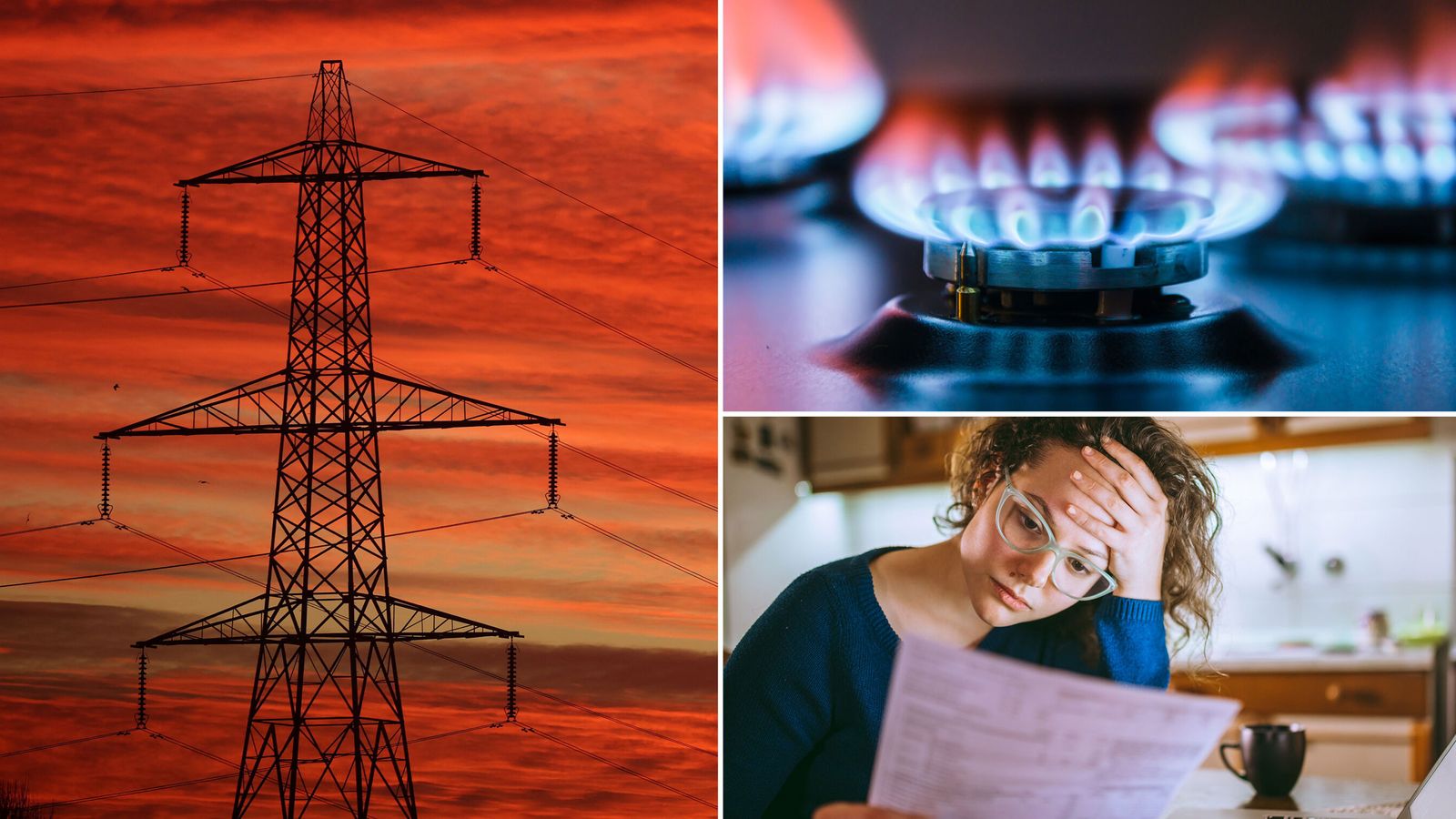
Fast charging speeds things up, but usually at the cost of battery life. So when a team at Georgia Tech discovered that cranking up the charge rate actually made zinc-ion batteries stronger, it turned battery science on its head.
Led by Hailong Chen, an associate professor in Georgia Tech’s George W. Woodruff School of Mechanical Engineering, the team found that fast charging didn’t cause the usual degradation seen in lithium-ion batteries. Instead, it improved the performance of zinc-ion batteries. That surprise finding, recently published in Nature Communications, could shake up how we think about powering everything from homes to hospitals to the grid.
Why zinc and not lithium?
Zinc-ion batteries have been on scientists’ radar for a while. Zinc is cheaper, safer, and more abundant than lithium, but one major flaw has held zinc-ion batteries back: dendrites.
These needle-like metal spikes form during charging and can short-circuit a battery, which is the kind of failure you don’t want in an energy storage system.
But Chen’s team found the opposite of what you’d expect. “We found that using faster charging actually suppressed dendrite formation instead of accelerating it,” Chen explained.
Instead of sharp, splintered growths, the zinc stacked into smooth, dense layers like stacked books. That clean structure not only prevents dangerous short circuits but also makes the battery last longer.
“It goes against the conventional thinking that fast charging shortens battery life,” said Chen. “What we found expands people’s understanding of fast charging that could rewrite how we think about battery design and where they can be used.”
Still work to do
The zinc anode – one end of the battery – is now in great shape thanks to this discovery. But the other half, the cathode, still needs improvement to match the performance and longevity of the anode.
Chen’s team is working on it, and they’re also experimenting with zinc blends to make the whole battery more robust.
Zinc’s future battery potential
To make this discovery, Chen’s group built a custom tool that let them watch how zinc behaves in real time under different charging speeds across a huge range of samples at once.
That kind of side-by-side view is rare in battery research. Usually, scientists test one variable at a time, which slows down progress. But this approach let them fast-track insights and see patterns that would normally be missed.
“We weren’t just seeing whether the battery worked or not,” Chen said. “We were watching the structure of the material evolve as it charged.” And that real-time observation helped them understand why fast charging prevents dendrites in zinc-ion batteries – something no one had ever mapped out in the lab before.
What this could mean for the grid
This isn’t about juicing up your phone in five minutes; Chen’s team is thinking bigger.
“You can imagine these zinc-ion batteries being used to store solar energy in homes, or for grid stabilization,” Chen said. “Anywhere you need reliable, affordable backup power.”
With lithium prices fluctuating and supply chains under pressure, alternatives like zinc are becoming more attractive. If everything goes as planned, Chen says zinc-ion batteries could be ready for commercial use within five years.
Read more: Could zinc-air batteries revolutionize the EV industry?

The 30% federal solar tax credit is ending this year. If you’ve ever considered going solar, now’s the time to act. To make sure you find a trusted, reliable solar installer near you that offers competitive pricing, check out EnergySage, a free service that makes it easy for you to go solar. It has hundreds of pre-vetted solar installers competing for your business, ensuring you get high-quality solutions and save 20-30% compared to going it alone. Plus, it’s free to use, and you won’t get sales calls until you select an installer and share your phone number with them.
Your personalized solar quotes are easy to compare online and you’ll get access to unbiased Energy Advisors to help you every step of the way. Get started here.
FTC: We use income earning auto affiliate links. More.














